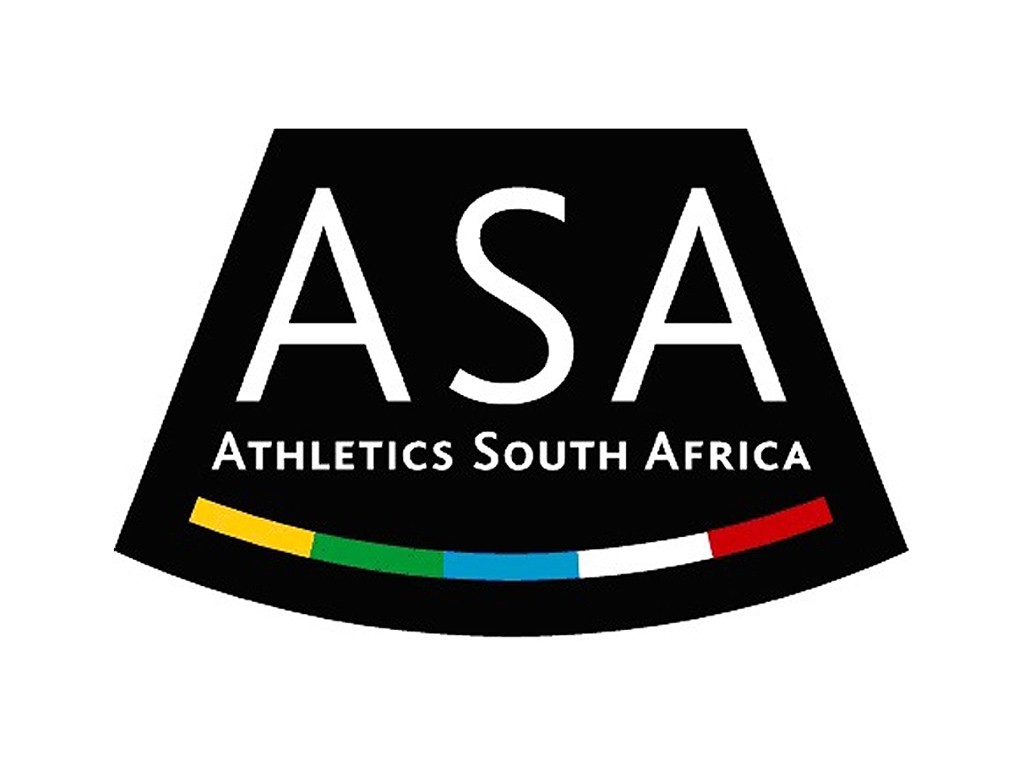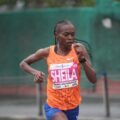Athletics South Africa has studied the new regulations issued by the International Association of Athletics Federations (IAAF) on the latest classification of female athletes and the guidance that was issued by the Court of Arbitration for Sport (CAS), on what should be followed by the IAAF.
As had previously stated, we took the liberty to consult widely with role-players which included the Minister of Sport and Recreation, SASCOC, various expert institutions and other relevant organisations and individuals on the matter.
Based on this consultation, we have now taken a decision that we will challenge the IAAF on these new regulations as we have found them to be skewed.
As a member federation, we will engage the IAAF as our mother body and if they do not change their minds on this new rule after this engagement, we will proceed to CAS for further assistance on the matter.
IAAF Hyperandrogenism Regulations were first put in place from 1 May 2011.
The regulations stated that female athletes who naturally produce levels of testosterone, 10 nmol/L, were not eligible to compete in the female category and needed to take androgen-suppressive drugs to resume competition.
An Indian sprinter was asked to abide by these regulations in July 2014 and she appealed to CAS on grounds that the regulations unfairly discriminated against women who naturally produce higher levels of testosterone.
On 24 July 2015 these regulations were suspended by CAS who stated that they were not satisfied with the evidence the IAAF provided, but allowed the IAAF up to two years (later extended) to submit additional evidence on the correlation between endogenous levels of testosterone and athletic performance.
ASA once again takes the opportunity to re-affirm our support for all our athletes who may be affected by this new ruling.
Until further notice, ASA will not be making any further comments on this matter.








